Projects at the Geography of Food Research Group
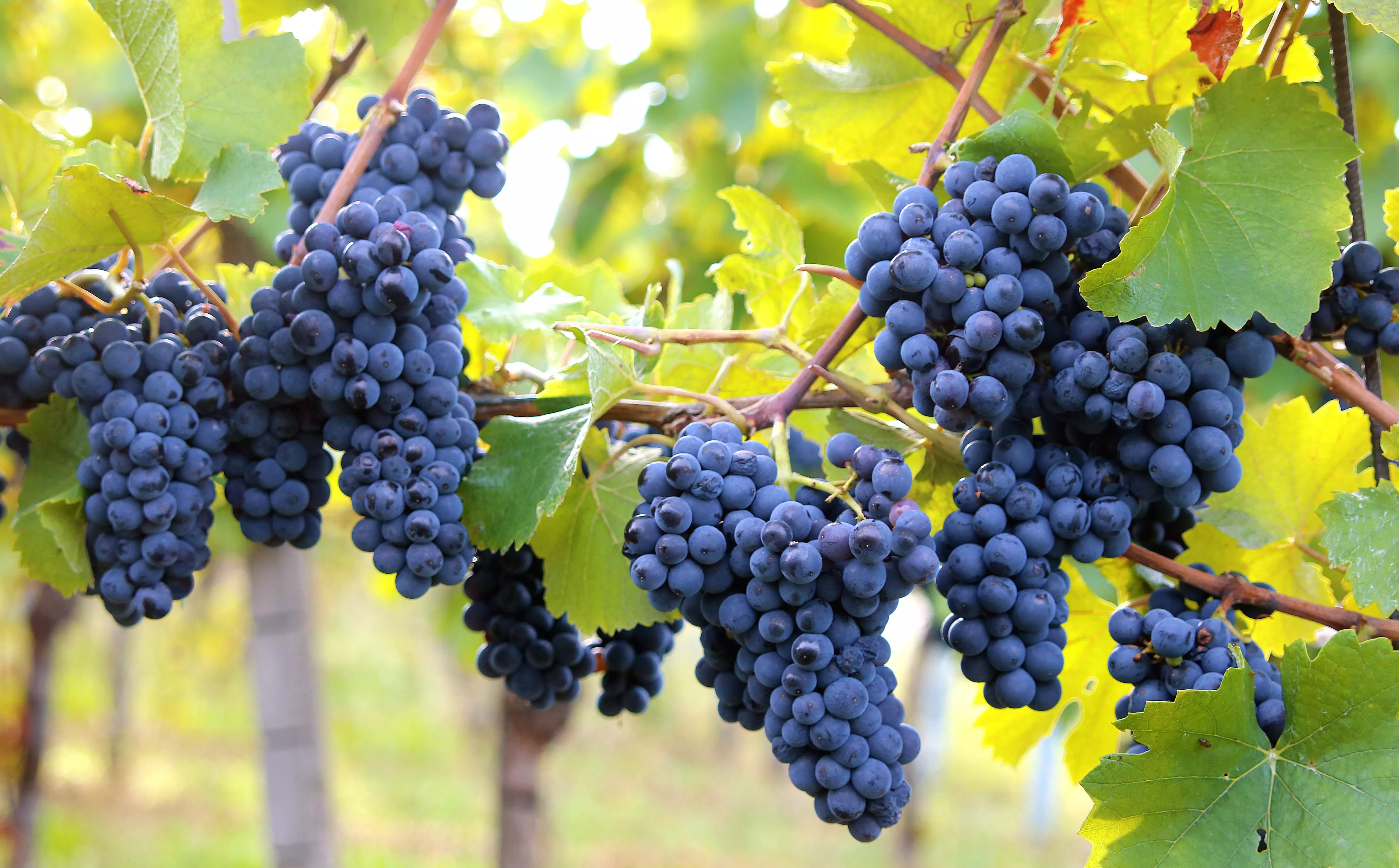
Standortanalyse Rebbau in den Kantonen Aargau, Bern und Zug
Climate change is expected to alter the suitability of grape varieties for cultivation. The future climate must be taken into account when planting new vineyards. To support this decision-making process, we are investigating the suitability of different grape varieties for cultivation under current and future climatic conditions using a high-resolution heat sum index.
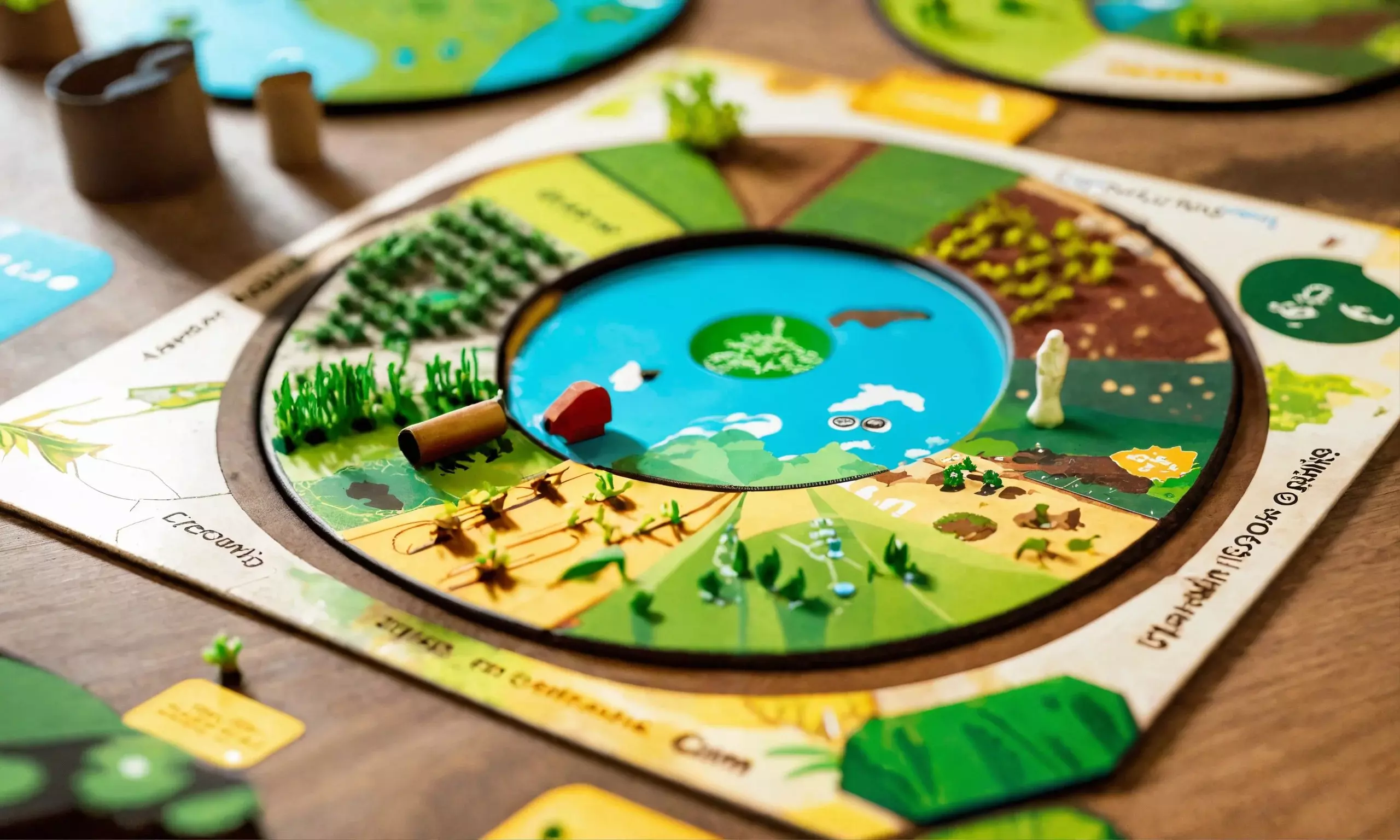
Circular thinking is a means to more sustainable systems. In this project, we are developing a serious game and supplementary teaching material for use in basic agricultural education. The game offers learners a positive and abordable introduction to circular economy in the agri-food system. The supplementary teaching material serves to integrate, deepen and reflect on the concepts developed in the game.
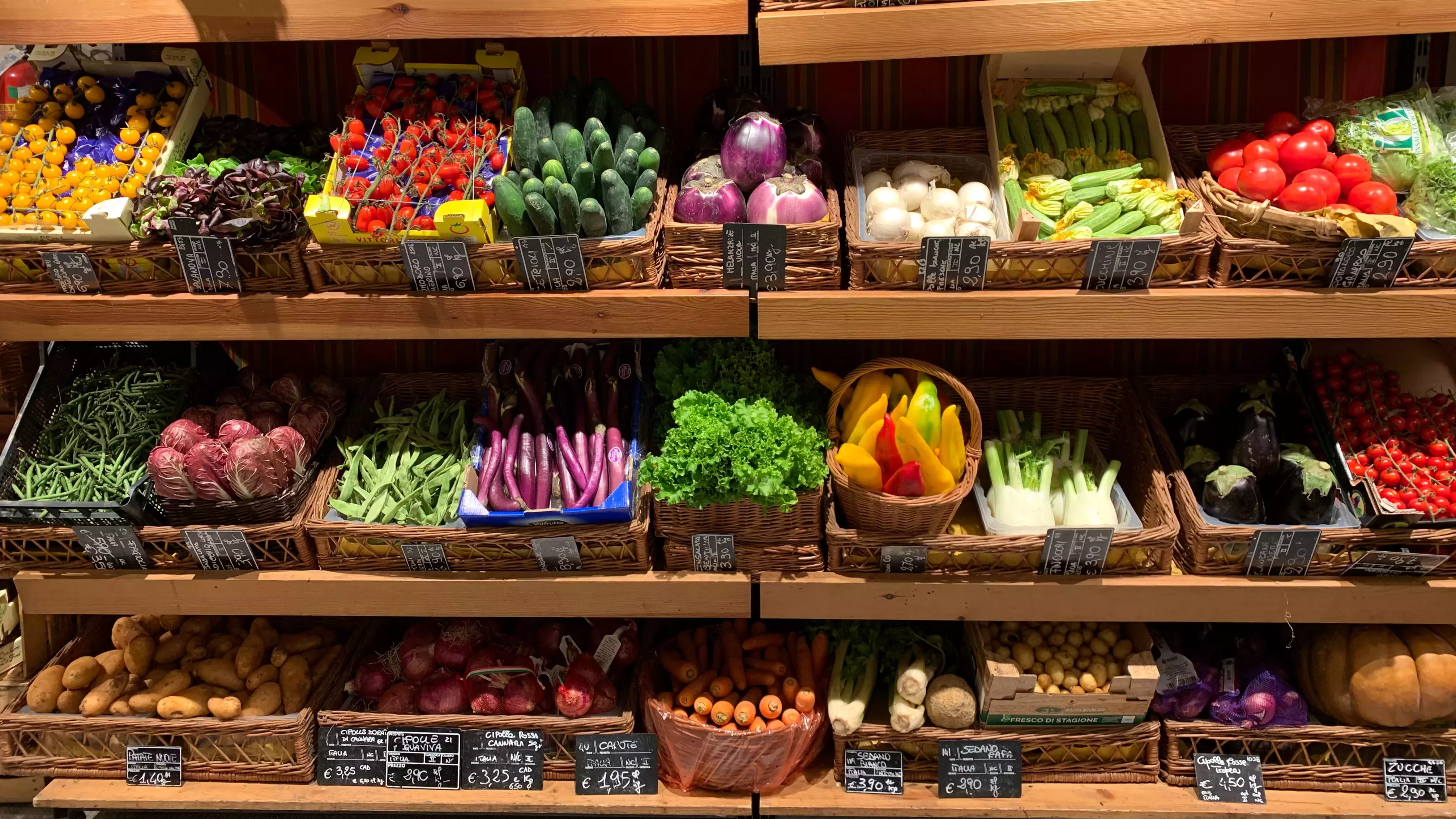
The Regional Development Project (PRE) Wädenswil examines how resource-conserving and sustainable agriculture can be promoted in Wädenswil and how cooperation between agriculture, processing, consumption and research can be strengthened. The aim is to strengthen independence from national sales channels and value creation in the region.

MOVING - Mountain Valorization through Interconnectedness and Green Growth
Europe's mountain regions are facing major challenges and changes. As part of the EU project MOVING, which involves 16 partner institutions from 23 countries, we are investigating in the Grisons mountains which value chains are particularly resilient and how we can learn from regional innovations in a sustainable way.
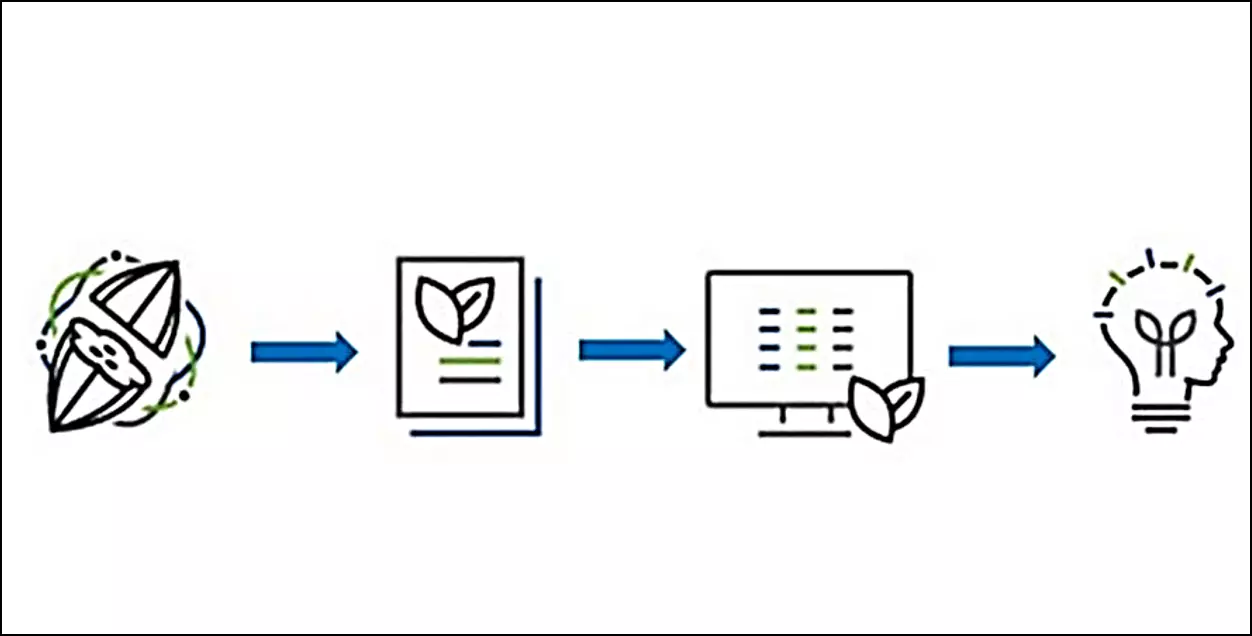
Cocoa in Numbers - From data to knowledge
The demand for transparent value chains is growing. In the Cocoa in Numbers project, we investigated the socio-economic conditions along the value chain of cocoa from the Alto Beni region (Bolivia). Our data feed into a comprehensive database that combines data on the value chain of cocoa from Alto Beni from different scientific perspectives.
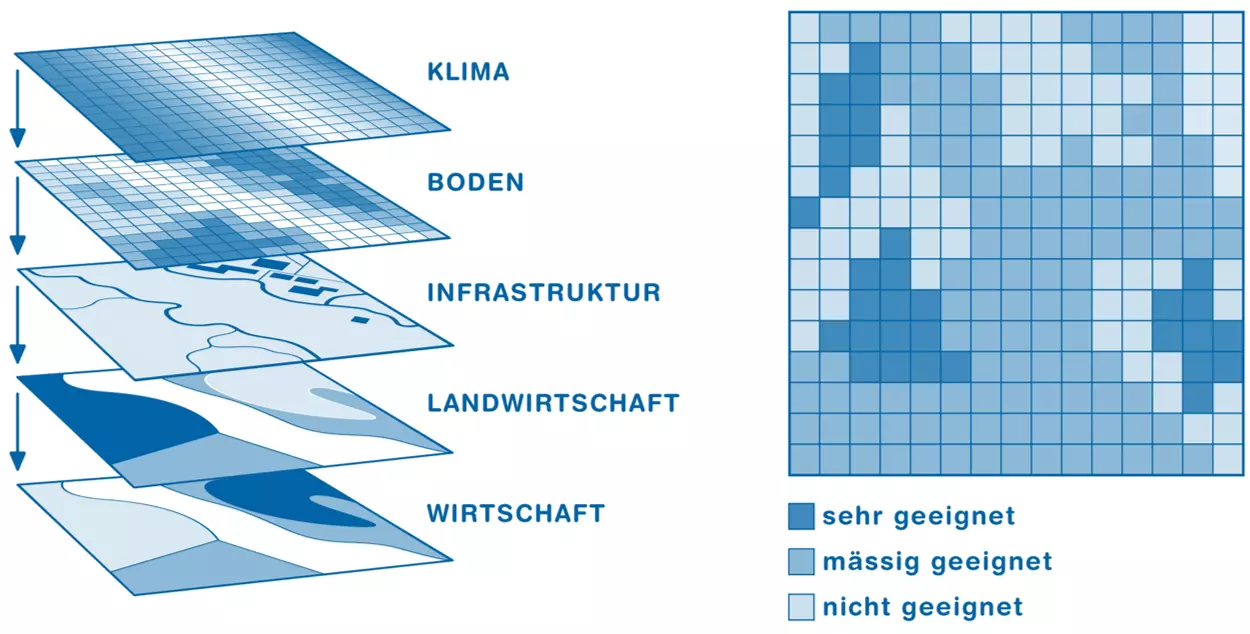
CONSUS - Site suitability modeling for crops
Globalization, climate change, resource scarcity and new eating habits require new concepts in agriculture. For this purpose, we have developed CONSUS as a GIS-based tool for crop suitability analysis, which uses soil and climate data for analysis. CONSUS can also be used to determine climate change impacts on the site suitability of agricultural crops.
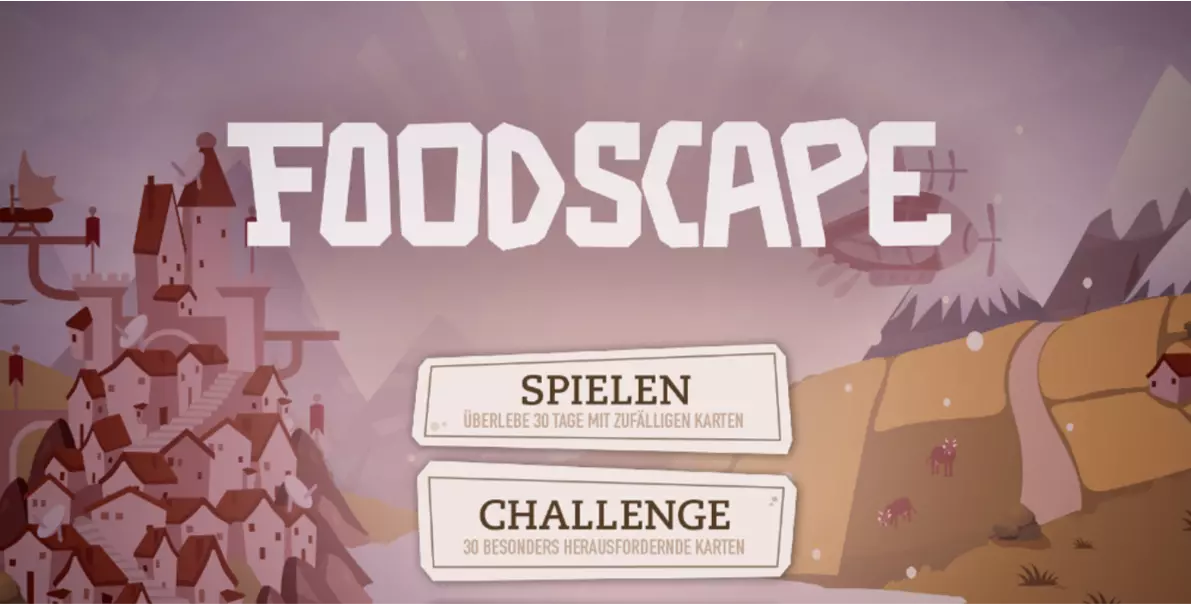
Foodscape.ch - An educational game about the Swiss food system
Food is part of our everyday life and yet we are not always aware of the consequences of our consumption decisions. To help young people understand the connections between agriculture, nutrition and the environment, we developed and extensively evaluated the educational game Foodscape in cooperation with the ZHDK. www.foodscape.ch
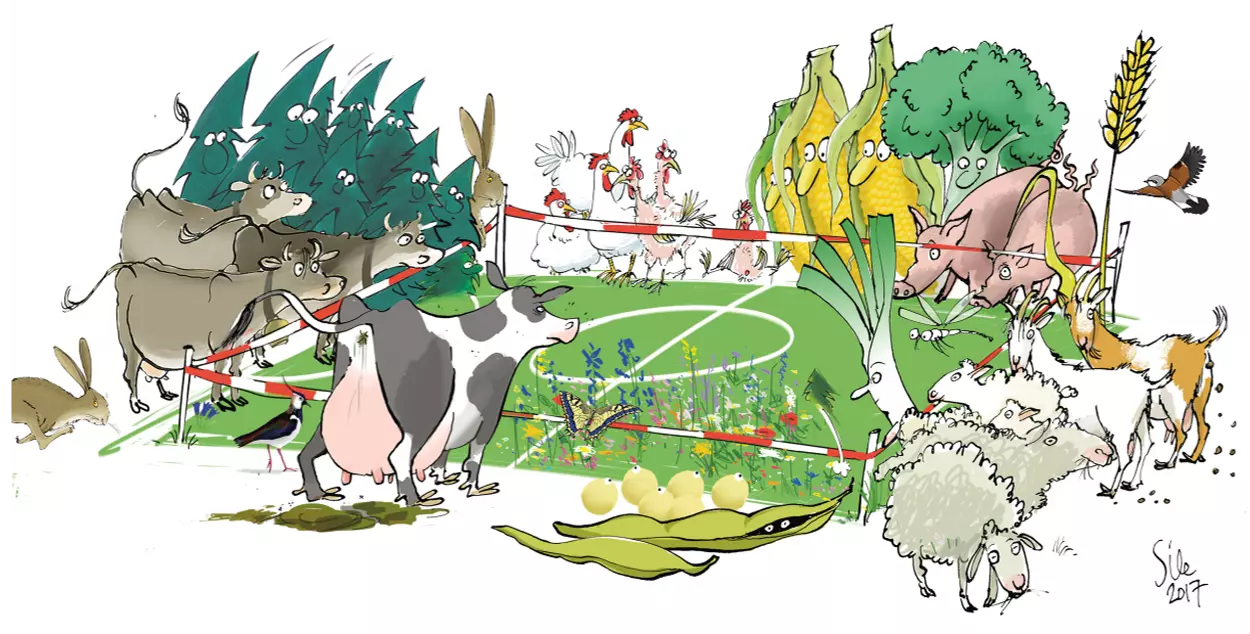
NOVANIMAL - Innovations in food and nutrition
We eat more and more meat and dairy products. Nutrition-related environmental impacts and health risks are increasing. NOVANIMAL identified innovations along the value chains to reduce the undesirable consequences of the production and consumption of animal foods. It became apparent that there is still great potential, particularly in the catering sector, to make consumption more resource-efficient. https://novanimal.ch/
All projects
- Previous Page
- Page 01
- Page 02
-
Global site assessment for hazelnut production
Currently, 64% of the world's hazelnut production comes from Turkey. A further 13% is produced in Italy. This concentration on a small number of countries poses a risk for the long-term safeguarding of the hazelnut supply. In order to ensure the procurement of hazelnuts in the long term, hazelnut production must be ...
-
Eco-confession-chair
Life holds temptations ready, which make each one of us to be carried away to a greater or lesser sin. But what are the truly ecologically relevant sins, what are they doing, and what can each individual do to avoid them and thus contribute to a more sustainable society? The "Ökobeichtstuhl" is an innovative ...
-
CONSUS
The Institute for Environment and Natural Resources (IUNR) has developed a tool for the efficiently and strategically planning of production and procurement in the agricultural market. It assesses the suitability of sites worldwide for specific agricultural products on the basis of geographic information on climate ...
-
Geography of Food Summer School & E-learning Course
The current food system is not able to produce food to nourish the people in a sustainable way. Less environmental impact, resource use efficiency, maintaining soil fertility, closing of nutrient cycles, stable harvests, improved distribution, avoiding food losses/food waste, fair business models and food ...
-
Agriculture and agricultural policy between security of supply and ecological sustainability: convictions, interests and arguments
This study is based on the observation that discussions about agriculture and the "right" agricultural policy in Switzerland are highly polarised. Different economic and political interests alone are not enough to understand the intensity of an often emotional debate. There are several approaches to explaining why ...
-
Opening up the market as a way to a sustainable Swiss agriculture and food industry - opportunities, challenges and solutions
Swiss food industry and agriculture have developed under the conditions of enhanced protection against competition and direct support for agricultural production. Over the past 20 years, agricultural policy instruments have been restructured, but this should not obscure the fact that agriculture is still clearly ...
-
Global Greenhouse Impact Model
The carbon footprint of foodstuffs is a key factor for sustainable development of the food sector. One of the major factors contributing to the carbon footprint of foodstuffs is the heating of greenhouses. The required quantity of heating is highly variable depending on production season and local climatic ...
-
ZHAW Agri-food Database
The Agrifood database is collection of life cycle inventory data for agricultural and food products. This database can be used to analyse the environmental impacts of processes in the agricultural and food value chain and to determine the corresponding environmental hotspots. The Agrifood database includes life ...
-
Indian Coffee in Switzerland by improved quality, labeling and positioning for the socio economic betterment of coffe
Coorg district in Southern India in the Western Ghats is known for its exceptional biodiversity and unique agroforestry farming systems maintained by smallholder coffee farmers. Due to the rapid transformation of the market and the increase in production costs, the environmental friendly farming practices are at ...